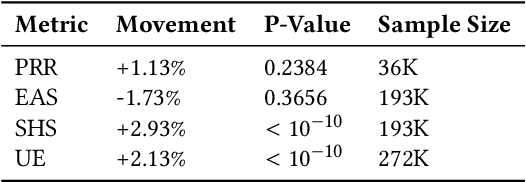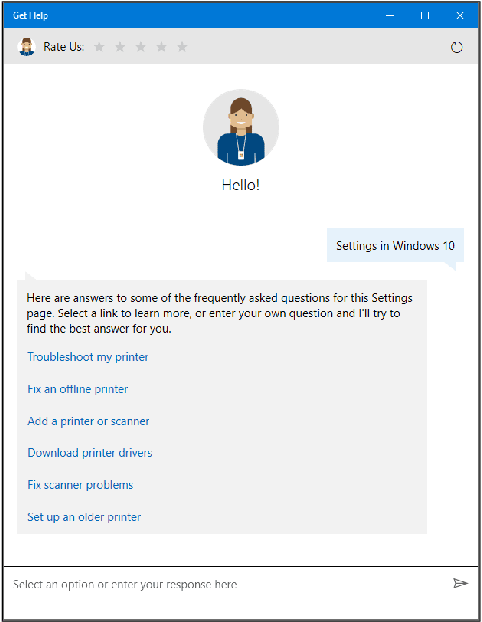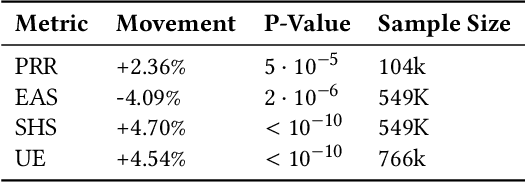Contextual Bandit Applications in Customer Support Bot
Paper and Code
Dec 06, 2021



Virtual support agents have grown in popularity as a way for businesses to provide better and more accessible customer service. Some challenges in this domain include ambiguous user queries as well as changing support topics and user behavior (non-stationarity). We do, however, have access to partial feedback provided by the user (clicks, surveys, and other events) which can be leveraged to improve the user experience. Adaptable learning techniques, like contextual bandits, are a natural fit for this problem setting. In this paper, we discuss real-world implementations of contextual bandits (CB) for the Microsoft virtual agent. It includes intent disambiguation based on neural-linear bandits (NLB) and contextual recommendations based on a collection of multi-armed bandits (MAB). Our solutions have been deployed to production and have improved key business metrics of the Microsoft virtual agent, as confirmed by A/B experiments. Results include a relative increase of over 12% in problem resolution rate and relative decrease of over 4% in escalations to a human operator. While our current use cases focus on intent disambiguation and contextual recommendation for support bots, we believe our methods can be extended to other domains.
 Add to Chrome
Add to Chrome Add to Firefox
Add to Firefox Add to Edge
Add to Edge